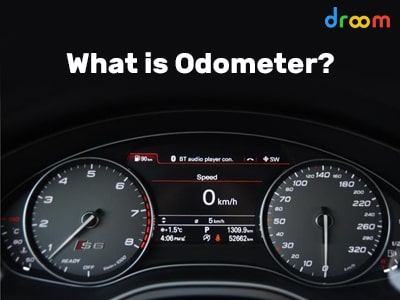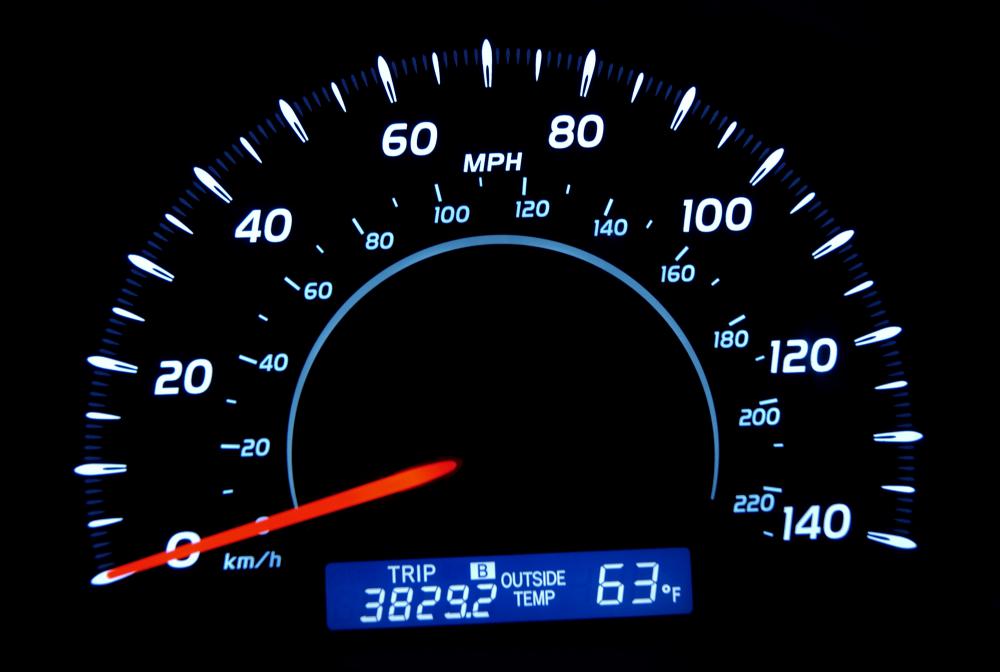Odometer Meaning in Cars: Understanding Mileage Tracking
The odometer is a critical component of every car, serving as a reliable tool for tracking mileage. Understanding the meaning and purpose of the odometer is essential for car owners and enthusiasts. In this article, we explore the significance of the odometer in cars and how it plays a crucial role in measuring distance traveled.
1. The Odometer: Definition and Function:

The Odometer:
The odometer is an instrument located on the dashboard of a car that displays the total distance the vehicle has traveled.
It provides a numerical reading in either miles or kilometers, allowing drivers to monitor their mileage accurately.
The primary function of the odometer is to track the distance covered by the car throughout its lifetime.
2. Mileage Tracking: Importance for Car Owners:
Tracking mileage is crucial for several reasons.
Firstly, it helps car owners keep a record of the vehicle's usage, which is vital for maintenance and resale purposes.
Additionally, accurate mileage tracking allows drivers to estimate fuel consumption, plan for routine maintenance, and evaluate the overall efficiency of their vehicle.
3. Odometer Readings: Types and Interpretation:

The Odometer
Odometer readings can be classified into two main types: total mileage and trip mileage.
Total mileage indicates the overall distance the car has traveled since it was manufactured, while trip mileage tracks the distance covered during a specific trip or journey.
Understanding and interpreting these readings provide valuable insights into a car's history and usage patterns.
4. Odometer Fraud: A Concern for Used Cars:
Unfortunately, odometer fraud is a prevalent issue in the used car market.
Dishonest sellers may tamper with the odometer to reduce the displayed mileage, making the vehicle appear less used and more valuable.
Car buyers must be cautious and perform thorough checks to identify signs of potential odometer tampering.
5. Digital Odometers: Advancements in Mileage Tracking:
With technological advancements, traditional mechanical odometers have been largely replaced by digital ones.
Digital odometers offer several advantages, including enhanced accuracy, tamper resistance, and additional features such as trip computers and fuel economy displays.
They provide a more precise and reliable means of tracking mileage.
6. Odometer Rollback: Detection and Prevention:
Detecting and preventing odometer rollback is crucial for buyers of used cars.
Various methods can be employed to identify potential tampering, such as inspecting service records, examining wear and tear on the vehicle, and conducting a thorough vehicle history check.
Relying on reputable sellers and seeking professional assistance can also help mitigate the risk of purchasing a vehicle with fraudulent mileage.
7. Legal Considerations and Regulations:
Many countries have laws and regulations in place to combat odometer fraud. These regulations typically prohibit the alteration, tampering, or resetting of odometer readings with the intent to deceive buyers.
Sellers found guilty of odometer fraud may face severe penalties and legal consequences.
Buyers should be aware of their rights and familiarize themselves with the applicable regulations in their respective jurisdictions.
8. Odometer Verification: Ensuring Accuracy:
To ensure the accuracy of odometer readings, car owners can have their vehicle's mileage verified by professional technicians or authorized service centers.
Odometer verification involves cross-checking the reading against service records and conducting thorough inspections to ensure the displayed mileage aligns with the vehicle's condition and history.
The odometer in cars serves a fundamental purpose of tracking mileage, providing car owners with valuable information about their vehicle's usage and performance. Understanding the meaning of the odometer and its significance in mileage tracking is essential for car buyers and owners alike. By staying informed and vigilant, individuals can make more informed decisions when it comes to purchasing, maintaining, and evaluating cars based on their odometer readings.